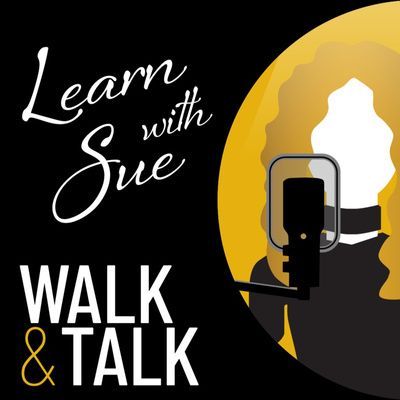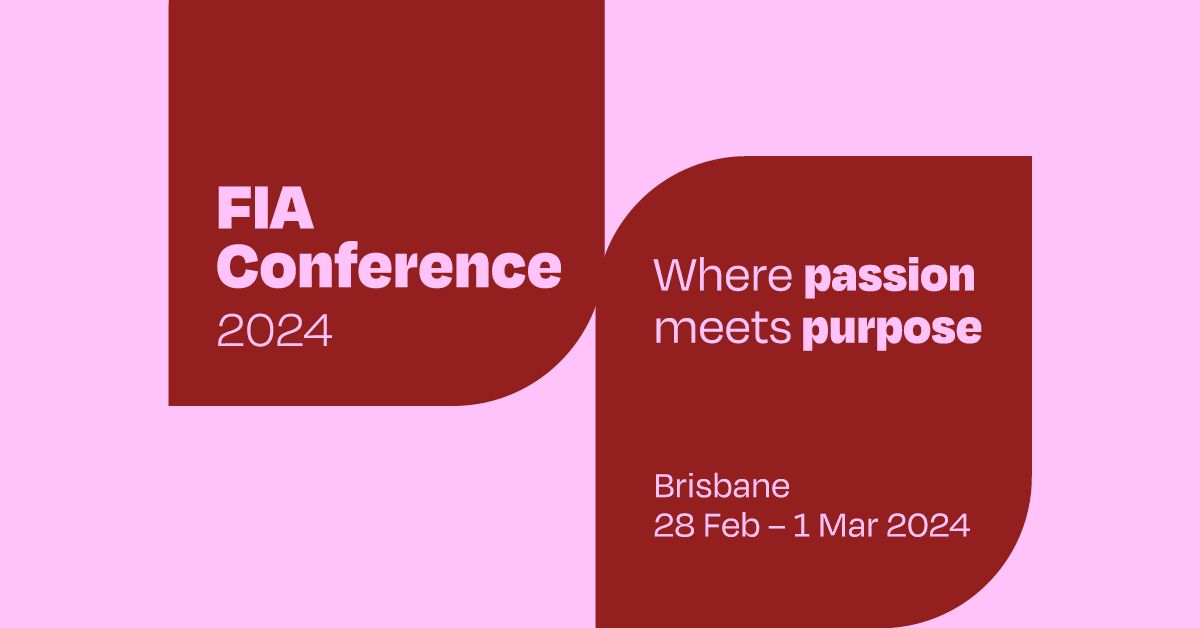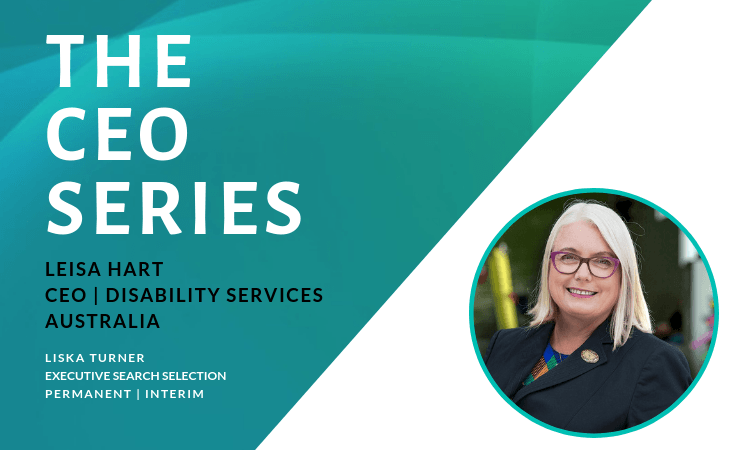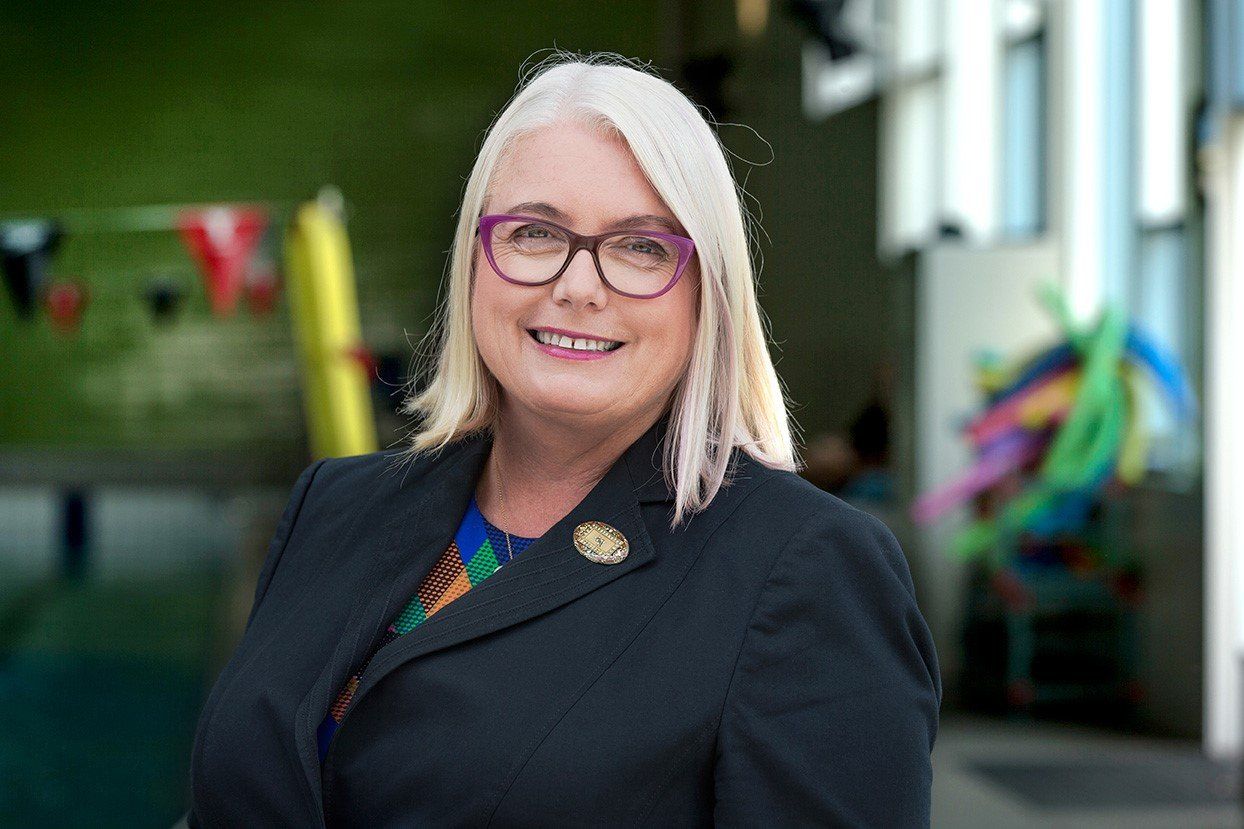The CEO Series: Q&A with Leisa Hart, CEO at Disability Services Australia
The CEO Series: Leadership Observations From The Front Line
Interviews with CEOs from the For-Purpose sector with Liska Turner.
For-Purpose leaders are as diverse as the organisations that they lead. Every couple of months I sit down with a CEO where they share their experiences and thoughts on leading a for-purpose organisation. This month I had the pleasure of talking to Leisa Hart, CEO at Disability Services Australia.
Leisa Hart, CEO at Disability Services Australia
Leisa Hart has more than 14 years of senior leadership experience in both the corporate and NGO sectors.
Prior to joining DSA in February 2019, Leisa was the Chief Executive Officer of YMCA NSW where she led a team of 2,400 people responsible for the wellbeing of more than four million Australians annually. Previous roles include Director of Operations at Max Employment and Chief Operating Officer for Mission Australia as well as senior roles in the IT Services field. Leisa places a great deal of importance in values alignment with her professional works intent.
CEOs lead from the front. What are the most important decisions you make as a leader of your organisation?
Firstly, I think you need to take a step back and consider how you frame your decisions. Be clear on what you hold most dear and sacred in the organisation and the impact on clients and staff. In my previous role at the YMCA, the concept of safety and children protection informed every decision I made.
You create a frame of reference when you make a decision, so determine what’s most important and then anchor yourself to what’s important.
As CEO you need to be transparent. So, embrace clear reporting frameworks and KPI’s. You need to be able to hold yourself and your decisions up to scrutiny.
What is your best habit?
It’s talking. Everyone knows where they stand with me. There is no ambiguity. If you can’t go and chat to people, be open, talk and listen then you are doing a poor job. I am able to look over the horizon and see the solution but it’s my habit of talking that helps the team to get to the solution that I see.
As you get promoted you can lose clarity, so it is important to probe deeper, ask for different information and in different ways.
Culture is fundamental to organisational success. How do you help a new employee understand the culture of your organisation?
You go back to the why. Every employee needs to understand the strategy, their role in delivering on that strategy and that their behaviours and contribution are all aligned to the one uniting purpose of the organisation. When they do, they come alive and you see this spark.
It’s often not until you lead an organisation through a turbulent time that you get to experience culture on a very real and visceral level.
Don’t forget though that culture means different things to different people. Transformation, brand in the market, quality, organisational principles….
No business operates in isolation. When you’re considering partnering with another person or business, what factors are deal-breakers for you?
Values. Values. Values.
A transaction can be commercially and financially beneficial but if your values aren’t aligned when you get to the first stumbling block you will run into trouble without shared values.
Succession planning is key to building a sustainable organisation. How do you choose who to promote?
That’s a really hard question. There is no easy answer. You have to give everyone the same opportunity and put in place good frameworks around conversations about performance. You have to invest in your direct reports. You have to be fair and give all the opportunity to shine.
I think succession planning is one of the hardest things to do from a leadership perspective. That said I look for individuals who are early adopters, ask the right questions and are nurturing of their people and themselves.
Where do you draw your support and inspiration from as a leader?
I think I have always had people around me that have been great leaders and coaches and they have helped me develop into the leader that I have become. Two in particular stand out. Very different but they both left a mark.
At Mission Australia, Toby Hall was my CEO. He is visionary, gets people and wears his Christian philosophy on his sleeve which he does very well. Mission Australia was my first move into the NFP sector and it gave me a lens on how to do leadership in a different way. How you actually approached people and took them on a journey. Servant leadership not command and control.
Earlier in my career at EDS, Steve Smith a long term EDS staffer from the US came to Sydney to work on a major project. He always said, ‘people are your greatest asset and you need to take care of them’. I have never forgotten that.
The role of CEO is quite unique. What advice would you give someone going into a CEO leadership position for the first time?
Discipline. Discipline. Be selfish with and value your time.
You need to find good external support. You work for a chair and a board. It’s the loneliest job in the world and when you have got your ‘L’ plates on you need help. Someone outside the organisation. Diarise it and make it a priority. A good coach will ask you to think about the world differently.
What leadership decision are you most proud of?
Making the move out of IT. It was the ‘consciousness’ of my choice to put myself out there and look for a role where I would take a step into making a difference. I had become a leader that I did not like any more. I had a friend who called me on my leadership style which made me stop and reflect. I decided to resign and take some time off.
We forget to be vulnerable as leaders when we put on our suits of armour. Brene Brown writes about vulnerability in her book Daring Greatly and I highly recommend it. The other two enduring classics that just make sense are Covey’s books especially The 7 Habits of Highly Effective People and Koontz and Posner’s Five Practices of Exemplary Leadership.
Facebook: https://www.facebook.com/Disabilityservicesaustralia/
LinkedIn: https://www.linkedin.com/company/disability-services-australia/
Twitter: https://twitter.com/OurDSA
Recent Articles






All content copyrighted Beaumont People © All rights reserved.






